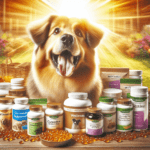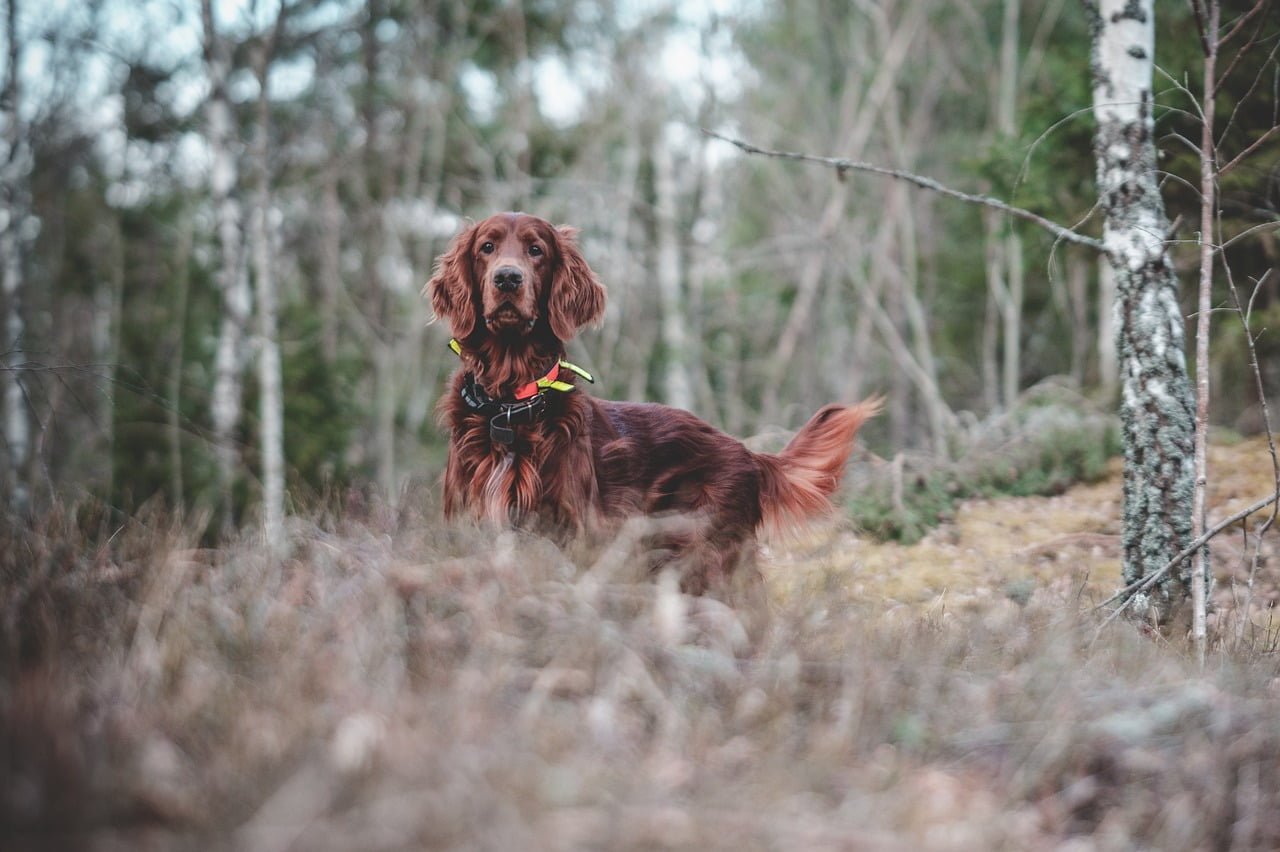
Welcome to “How to Manage Your Canine’s Food Aggression: Tips and Products.” In this article, you’ll discover essential strategies and products to help manage your dog’s food aggression effectively. You’ll learn about the importance of consulting with your veterinarian, exploring the best breeds for specific dietary needs, and incorporating top-notch canine wellness supplements and natural remedies into your dog’s routine. From joint and dental health to maintaining healthy skin and coat, this guide provides practical advice and product recommendations to ensure your furry companion’s overall well-being. Let’s embark on this journey to a healthier, happier, and more peaceful mealtime for your beloved pet! Have you ever found yourself wondering how to manage your dog’s food aggression? It’s a common issue that many dog owners face, but understanding how to address it can make mealtime much more peaceful for both you and your furry friend. In this article, we’ll delve into the root causes of canine food aggression, provide practical tips for managing it, and explore some products that can help support your dog’s overall health and well-being.
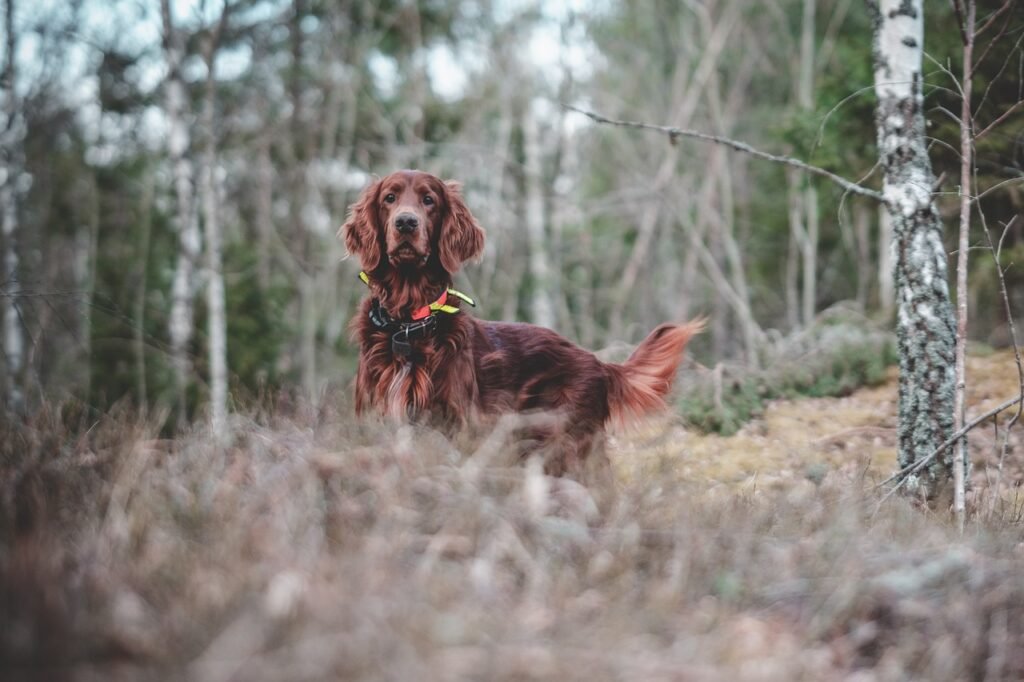
Understanding Canine Food Aggression
Food aggression in dogs is a behavior that can manifest as growling, snapping, or even biting when they are eating or when they feel their food is threatened. It’s not uncommon and can occur in dogs of all breeds and ages. Understanding why your dog may act this way is the first step in addressing the issue.
Causes of Food Aggression
Several factors can contribute to food aggression, including:
- Instinctual Behavior: In the wild, dogs needed to guard their food to survive. This instinct can sometimes carry over to domesticated dogs.
- Resource Guarding: Dogs may see food as a valuable resource they need to protect, especially in households with multiple pets.
- Past Trauma: Dogs that have experienced food scarcity or have had to compete for food may develop aggressive behaviors over their food.
- Health Issues: Underlying health problems, such as pain or nutritional deficiencies, can sometimes cause changes in behavior, including food aggression.
Tips for Managing Food Aggression
Once you understand why your dog might be exhibiting food aggression, you can take steps to manage and mitigate it. Here are some practical strategies:
Create a Safe Feeding Environment
Ensure your dog feels secure and unthreatened during mealtime. This might involve feeding them in a separate room away from other pets or children.
Practice Consistent Feeding Routines
Consistency can help reduce anxiety. Feed your dog at the same times every day and avoid interrupting them while they eat.
Use Positive Reinforcement
Reward your dog with treats and praise for calm behavior around food. This can help create a more positive association with food and feeding times.
Gradual Desensitization
Gradually get your dog used to your presence while they eat. Start by being in the same room, then slowly move closer over several weeks, rewarding calm behavior along the way.
Consult with a Veterinarian
If your dog’s food aggression persists, it may be helpful to consult with a veterinarian or a canine behaviorist. They can help rule out any medical issues and provide specialized training tips.
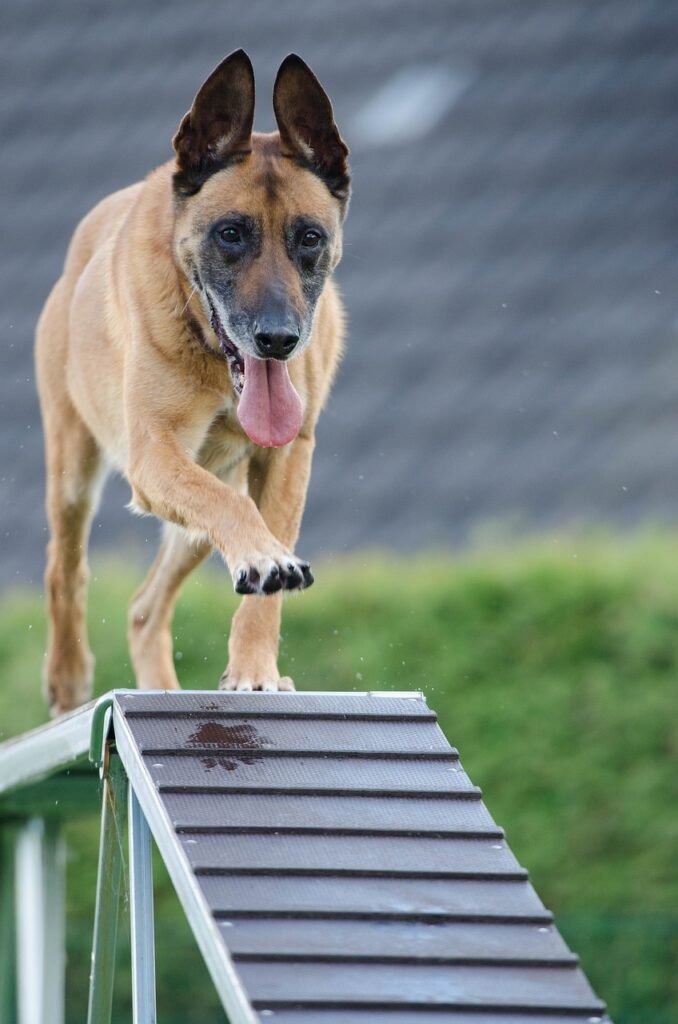
Products to Support Your Dog’s Health and Minimize Food Aggression
In addition to behavioral strategies, there are products that can help support your dog’s overall health, which in turn may help reduce food aggression. Below are some categories of products that can be beneficial.
Canine Wellness Supplements
Supplements can play a crucial role in supporting your dog’s overall health. They can help with joint health, skin and coat, digestion, and more.
| Product Category | Benefits | Popular Ingredients |
|---|---|---|
| Joint Health | Supports mobility and reduces discomfort | Glucosamine, Chondroitin |
| Skin and Coat Health | Improves skin condition and fur quality | Omega-3 Fatty Acids, Biotin |
| Digestive Health | Supports normal bowel movements | Probiotics, Digestive Enzymes |
| Immunity Support | Enhances immune system function | Vitamins C and E, Antioxidants |
| Multivitamins | Provides essential nutrients | Vitamins A, D, E, K, B-Complex |
Natural Dog Remedies
Utilizing natural remedies can be an effective way to address food aggression by supporting a calm and balanced state.
- Calming Treats and Supplements: Products containing natural ingredients like chamomile, valerian root, and L-theanine can help reduce anxiety and stress.
- Essential Oils: Some essential oils, such as lavender and chamomile, can create a calming environment. Always use pet-safe, vet-approved options.
- Herbal Remedies: Herbs like St. John’s Wort and skullcap can also help reduce anxious behaviors.
High-Quality Dog Food
A well-balanced diet is key to maintaining your dog’s health. Ensure the food you provide is complete and balanced to support all life stages.
- Look for Quality Ingredients: Choose foods with high-quality proteins, healthy fats, and essential vitamins and minerals.
- Consider Special Diets: Some dogs may benefit from special diets designed for their specific needs, such as hypoallergenic or grain-free options.
Dental Health Products
Good dental hygiene can play an important role in your dog’s overall health, which may contribute to reducing food aggression.
- Chew Toys and Dental Chews: These can help keep teeth clean and reduce plaque buildup.
- Toothpaste and Brushes: Use pet-specific toothpaste and brushes to regularly clean your dog’s teeth.
Maintaining a Healthy Lifestyle
Complementing behavioral modifications and dietary adjustments, maintaining a healthy lifestyle for your dog can significantly improve their overall demeanor.
Regular Exercise
Physical activity is essential for your dog’s mental and physical health. Regular exercise can help reduce stress and anxiety, making them less likely to exhibit aggressive behaviors.
Mental Stimulation
Engage your dog in activities that challenge their mind. Puzzle toys, obedience training, and interactive play can keep them mentally stimulated.
Routine Veterinary Care
Regular check-ups with your veterinarian are crucial. Your vet can help ensure your dog is in good health and can provide advice specific to your dog’s needs.
Consistent Training
Implement consistent training routines to foster good behaviors. Consider enrolling your dog in obedience classes if needed.
Socialization
Socializing your dog from a young age can prevent many behavioral issues, including food aggression. Expose your dog to various people, places, and other animals in a controlled manner.
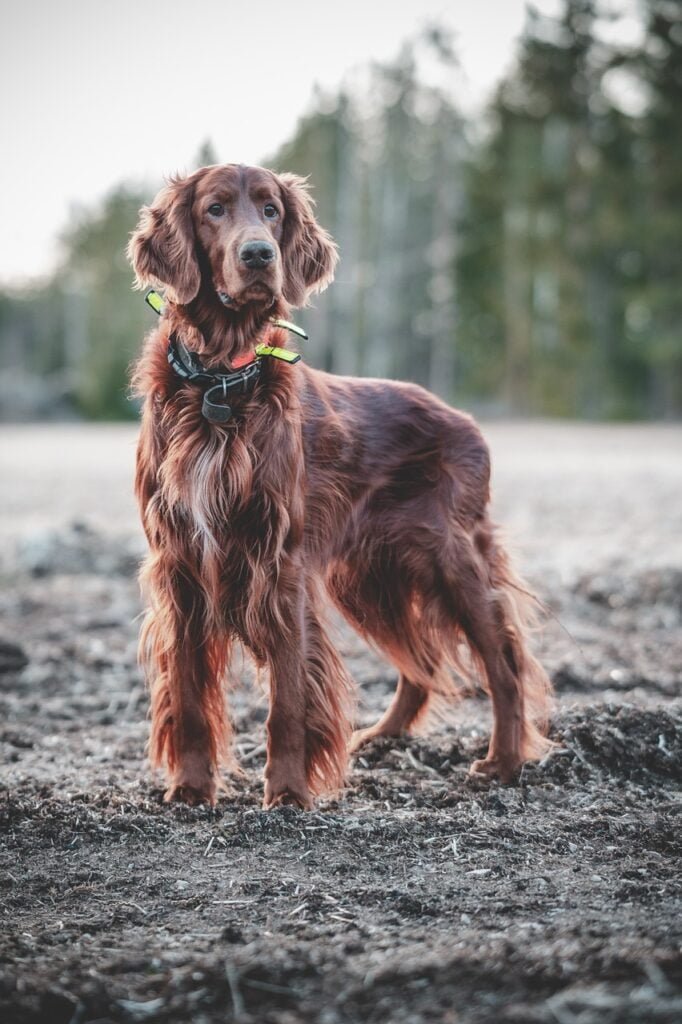
Addressing Specific Health Concerns
Certain health concerns, if left unaddressed, can exacerbate or contribute to aggressive behaviors. Here, we’ll discuss some common health issues and how to manage them.
Joint and Mobility Issues
Older dogs or breeds prone to joint issues might exhibit food aggression due to discomfort or pain. Supplements with glucosamine and chondroitin can help.
Recommended Joint Supplements
| Brand | Key Ingredients | Benefits |
|---|---|---|
| Dasuquin | Glucosamine, Chondroitin | Supports cartilage and joint |
| Nutramax Cosequin | MSM, Glucosamine, Chondroitin | Enhances mobility and comfort |
Skin and Coat Health
Skin irritations or poor coat health might make even calm dogs agitated. Omega-3 Fatty Acids can significantly improve skin and coat conditions.
Recommended Skin and Coat Supplements
| Brand | Key Ingredients | Benefits |
|---|---|---|
| Zesty Paws Omega Bites | Omega-3, DHA, EPA | Promotes healthy skin and fur |
| Nordic Naturals | Fish Oil, Omega-3 Fatty Acids | Enhances coat shine and health |
Digestive Health
Good digestion supports a calm and happy dog. Probiotic supplements can ensure your dog’s digestive system runs smoothly.
Recommended Digestive Supplements
| Brand | Key Ingredients | Benefits |
|---|---|---|
| Purina Pro Plan | Probiotics, Natural Enzymes | Supports gut health and digestion |
| VetriScience | Probiotics, Prebiotics | Enhances digestive health |
Proactive Measures
Preventive measures can go a long way in mitigating future food aggression issues.
Early Training
Starting training early in a dog’s life helps establish good behaviors. Techniques like teaching the “Leave It” command can be very effective.
Proper Nutrition
Ensuring your dog gets a balanced diet with all essential nutrients helps keep them healthy and less prone to aggressive tendencies.
Safe Space
Providing a designated safe space for your dog to eat, rest, and retreat to can reduce anxiety and food aggression.
Talking to Your Veterinarian
Your veterinarian can be a great ally in managing food aggression. They can provide a comprehensive health check to rule out any underlying conditions and offer personalized advice.
Questions to Ask Your Vet
- How do I handle my dog’s food aggression?
- Are there specific health issues that could be causing or exacerbating my dog’s behavior?
- What dietary changes can you recommend?
- Can you suggest any specific supplements that might help?
Conclusion
Food aggression in dogs is a manageable issue with the right approach and resources. By understanding the causes, adopting consistent and patient training methods, utilizing supportive products, and seeking professional advice when necessary, you can create a happier and more harmonious feeding experience for both you and your dog. Remember, the journey to managing food aggression is a marathon, not a sprint. Patience, consistency, and love will go a long way in achieving your goal.



